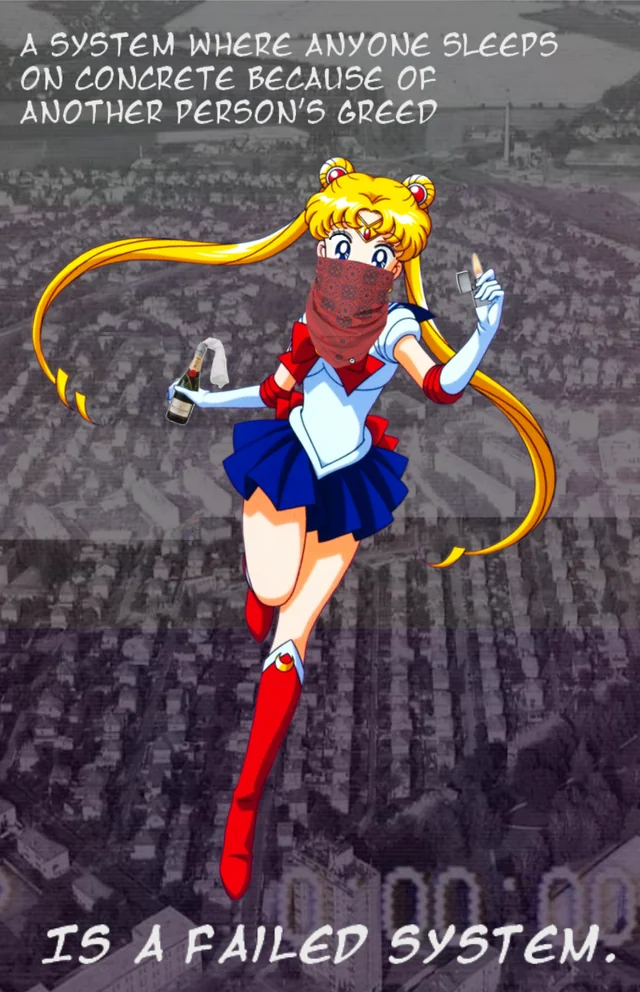So, obviously the whole thing is one big surreal allegory for the queer experience and homophobia, but it's deliberately ambiguous what any given thing literally means. With that in mind, I'm taking a drunken stab at it:
The first thing: literal, explicit romantic love is used as an allegory for platonic friendships or one-sided unrequited crushes on friends. It's the socially acceptable relationships and a subversion of the trope where queer relationships have to be dealt with euphemistically. A clear example is the relationship between Kureha's mother and Yurika, which is portrayed with unambiguous romantic terms and symbolism but is narratively clearly not an actual romantic relationship despite Yurika wanting it to be, with Reia clearly seeing her as a friend and having an (unseen) straight relationship which is a driving factor in the story's overall conflict.
Second: the bears are an allegory for openly queer people.
Third: literal death is an allegory for the fear of ostracization or for that ostracization itself. When the bears eat someone, that's fear. When the hunters kill a bear, that's ostracization.
Fourth: all the "exclusion" and social acceptability stuff is 100% literal and not allegorical at all, it's the story textually and explicitly portraying homophobia and the pressure to conform, just in a slightly stylized and more honest form.
Fifth: the ending is Kureha coming out and being ostracized for it, but her open act of resistance emboldened others to follow suit.
There's a lot more to unpack but that's all I've got. I'm not qualified to pick it apart in any greater detail than that though I have the strong suspicion that there's a lot of references or wordplay that I'm just not getting.


i think you've got the right idea about things. the one thing i'll say is that it's also a commentary about class-s, a genre that's mostly dedicated to girls having very close relationships in private schools that aren't allowed to be actually gay. maybe some kissing is allowed, but it can't be actually romantic or sexual. that's very much something the school is riffing on, and so it's also a commentary about how that sort of thing is completely acceptable in mainstream japanese culture while more explicit queerness is villainized and leaves people ostracized
there's a bunch of other stuff going on but i think that's the big thing you missed